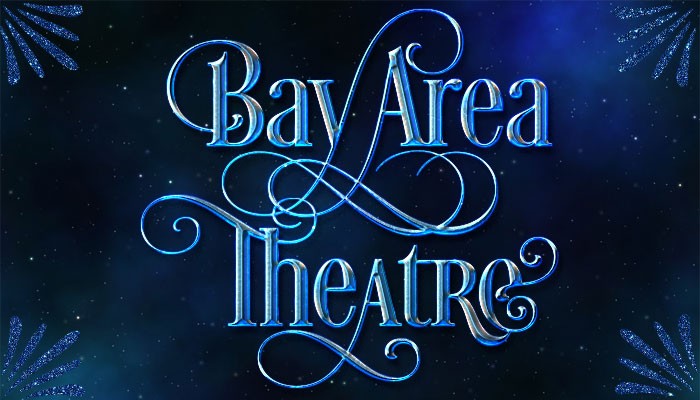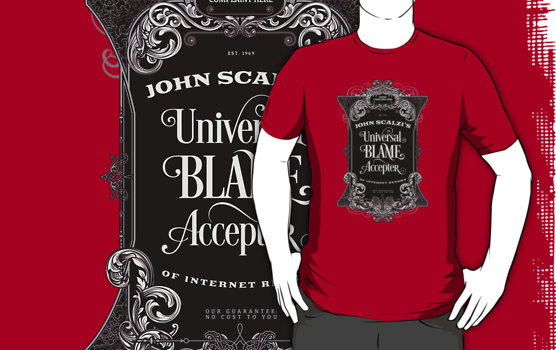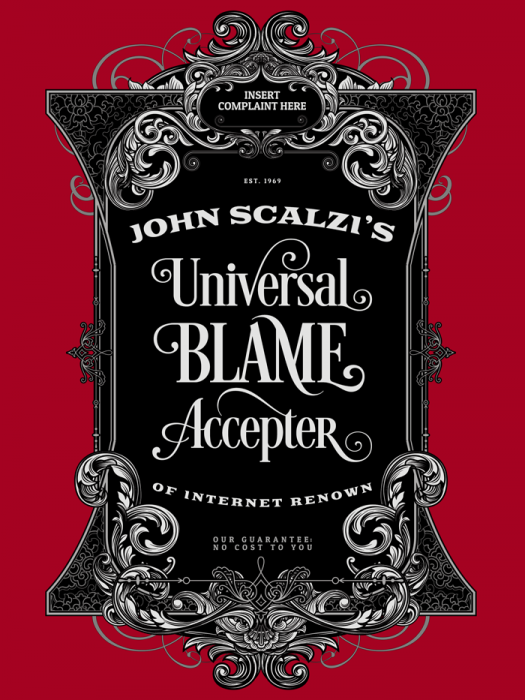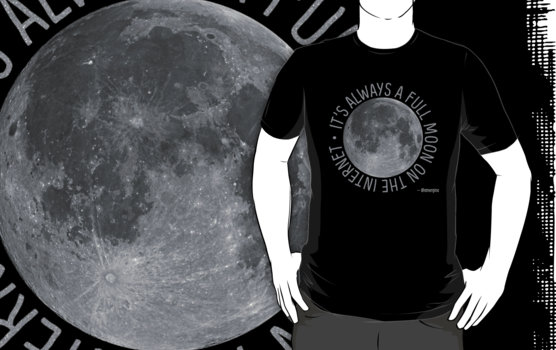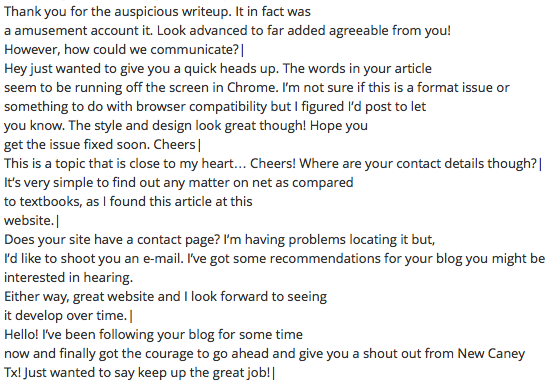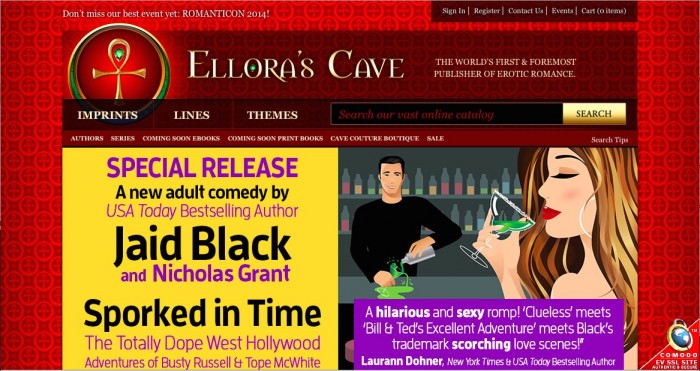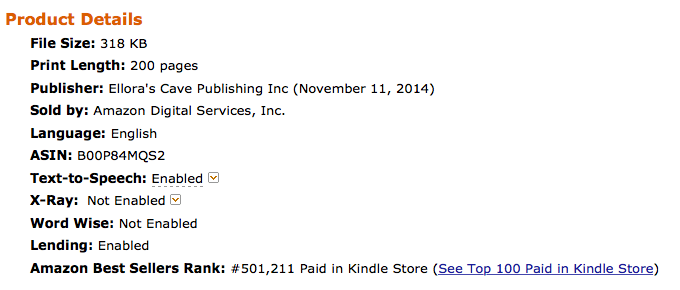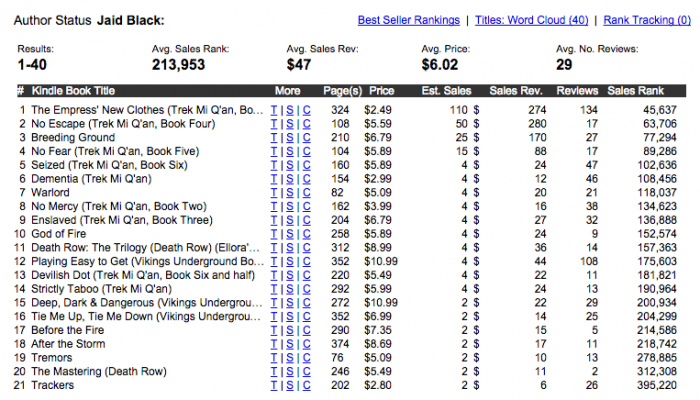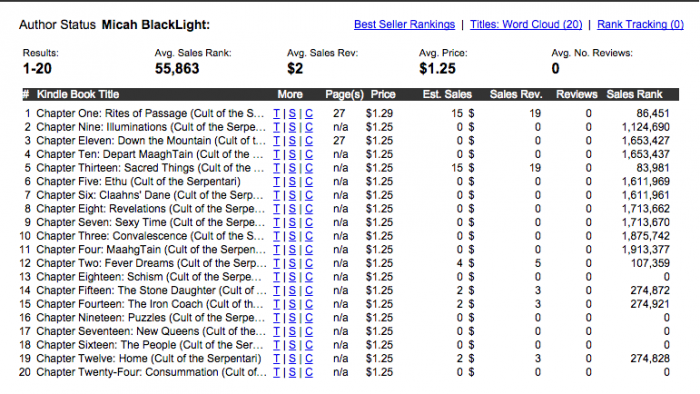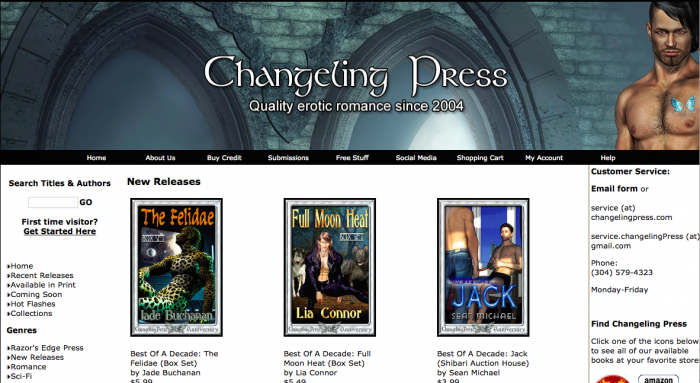(Note: if you link outside of Tumblr/DW/LJ, please link to the deirdre.net version of this post. Thank you.)
Former Senior Content Editor Kelli Collins announced yesterday that she’s out:
5:01 p.m., and I’m officially unemployed. Authors…it’s been a true honor, and a genuine slice of heaven. #10years #360books #onward
— Kelli Collins (@EditMeThis) January 16, 2015
You can see from the replies (if you visit that link by clicking on the timestamp) that she was much loved.
Best of luck in your next venture, Kelli.
I pointed out today that, six months ago, Ellora’s Cave had 15 editors and 5 artists (I incorrectly said earlier was 20 editors) plus one editor on the leadership page. After Kelli’s departure, EC lists eight people on the editor page plus two on the leadership page.
Speaking of Editors, EC Has Some New Ones
(Note: I’ve added commentary at the bottom of this post that’s a partial correction.)
And then people started looking at who was on the page, latching onto Jill Noelle, aka Jill Noelle Noble. LinkedIn ties the names together.
Jill was previously involved in Noble Romance Publishing (NRP), a publishing effort that had some interesting failure modes, as The Passive Voice highlights. She’s also the author of Not Your Mother’s Publishing Model, published by NRP toward the end of her tenure. There are so many places to go with that tidbit of information….
#notchiller Gianna Simone wrote two posts of her own about her experiences with NRP: one, which links to even more posts, and two.
And then there’s Jill’s note of departure from Noble Romance Publishing that was posted on AbsoluteWrite.
Here are a bunch of Dear Author posts about the Noble Romance debacle.
Let us return to the land of the current affair: Ellora’s Cave.
A Sale? Or a Merger? You Decide.
@tejasjulia @pubnt @CatGrant2009 Thing is, JB said “I’m not selling EC.” Therefore, Pubby claims “it’s a merger.” #notchilled
— At a Glance Romance (@ataglanceRMC) January 17, 2015
Well, we heard it from Peanut, so who the hell knows?
For those who haven’t been following along, many of us #notchilled regulars believe that @pubnt (aka TinaNut and other nut nicks) is none other than Tina Engler/Jaid Black. More discussion of that in this older post. For that reason, I refer to Pubnt as TinaNut frequently.
However, there’s a lot of deliberately obfuscatory rhetoric in Peanut’s tweets, so one can’t rely on what’s said.
@ataglanceRMC A merger is not a sale. JB & PM will be running EC as an imprint of the big pub. #notchilled
— Pub Net (@pubnt) January 16, 2015
JB = Jaid Black, pseudonym of Tina Engler, EC’s primary owner.
PM = Patty Marks, CEO of EC, aka JB’s mother.
But our Fallacious Filbert keeps referring to “BigPub.” See, a merger is of equals, and, frankly, Ellora’s Cave isn’t that big. How big? Hard to say because there is more than one company. Jasmine Jade has a tax lien for $29,679.52 from the City of Akron for the 2012 tax year. That translates to $1,319,090 in profits (or more, since some of the taxes may have been paid prior to the lien). Dear Author’s Curious Case post
@ataglanceRMC Not messing with anyone on either. As our source says one is in the works & the other is being considered. #notchilled
— Pub Net (@pubnt) January 15, 2015
@ataglanceRMC That’s why the cleanup of the trash, the trimming of the fat, and other preparations. #notchilled
— Pub Net (@pubnt) January 15, 2015
Charming, referring to former staff and authors as fat and trash.
So, maybe some contract sell-off? Chicken feed, says peanut. (Sorry, link because pasting the link in WordPress doxs JL.)
@ataglanceRMC those chicken feed sales are just to get rid of the junk – EC doing a cleanup. #notchilled
— Pub Net (@pubnt) January 15, 2015
@ataglanceRMC In a merger EC will be forced to dump bad books, bad authors, and bad employees the merger partner hates. #notchilled
— Pub Net (@pubnt) January 15, 2015
Oh. Really. That’s a charming way to refer to the people who helped build the company.
@ataglanceRMC Good riddance. No point in rewarding rubbish books and authors by giving them a free ride into 1 of THE BIG FIVE. #notchilled
— Pub Net (@pubnt) January 15, 2015
Big Five? You don’t say.
Ongoing Acquisition Talk
It seems so odd to be talking about an ongoing acquisition. If the ink were dry, I’d expect that it would be announced. Given that it’s not, I don’t even know what to say. (I’ve worked for firms in the S-1 quiet period, as has my husband, and so that’s the culture we’re used to.)
It wouldn’t surprise me if EC were entertaining offers, but hearing about them like this, especially from an anonymous Twitter account, seems incredibly weird.
Julaine really has the killer point, though:
@deirdresm @pubnt @Gianna_Simone @ataglanceRMC Isn’t it interesting that Pub that was willing to risk sanctions by withholding #notchilled
— Julaine Peters-Stone (@julainestone) January 17, 2015
@deirdresm @pubnt @Gianna_Simone @ataglanceRMC Fin. info during discovery in previous lawsuit is generously open about finances #notchilled
— Julaine Peters-Stone (@julainestone) January 17, 2015
@deirdresm @pubnt @Gianna_Simone @ataglanceRMC 3/3 with an anonymous Twitter account that claims to be completely unaffiliated? #notchilled
— Julaine Peters-Stone (@julainestone) January 17, 2015
Julaine’s referencing the 27-page judicial smackdown against EC (et al) in the Brashear case. Two excerpts from that document:
Adding injury to insult was Defense counsel’s bad faith production of the tax returns and general ledgers to Plaintiff at the conclusion of the two days of depositions of the named Defendants. While Defense counsel was in compliance with the latest court order as to the tax returns, his decision to wait until the conclusion of the two days of depositions to produce these discovery documents, which addressed the heart of the claims in this case, impeded Plaintiff’s ability to fully depose the Defendants and was clearly done in attempt [to] hamper Plaintiff’s case and thus done in bad faith. This was plainly gamesmanship: a tactical move to ambush and sabotage the Plaintiff.
[…]
Defendants’ conduct as detailed above is nothing short of contumacious: stubbornly disobedient and a flagrant disregard for the Court’s orders. Defendants’ maneuvering during the two-year discovery phase of this case has been plotted to undermine the progression of theis case. This is evident by Plaintiff’s need to file two motions to compel, three motions to show cause / sanctions and two trial continuances, all arising from Defendants’ discovery abuses in the last two years. Defendants willfully evaded the production of discovery, resulting in unnecessary delays of this case and increased legal fees. Defendants’ actions in this case have crossed the line from a zealous defense to malingering, malfeasance, sabotage and delay.
How’s that compare to recent behavior?
Ex Post Facto Justification
Let’s rewind to Christmas Eve.
One of the things the Nut has gone on about is why former EC staffers weren’t paid. In a letter last week, Tina/Jaid said that all were paid.
@julainestone @jaidblack In our independent opinion EC is entirely withing its legal right to wait till the end of the case here.#notchilled
— Pub Net (@pubnt) December 24, 2014
@julainestone @jaidblack EC is being too nice in not waiting till the end of the case. #notchilled
— Pub Net (@pubnt) December 24, 2014
Too. Nice.
@julainestone And we’ve repeatedly told that motion to add them can come at the right point in this proceedings or the next.#notchilled
— Pub Net (@pubnt) December 24, 2014
So, they can withhold payment for former contractors in case they will defame? And then they can file that motion any old time? Or a successor case?
There have been multiple comments about suing other people, too, e.g., this one.
@julainestone @jaidblack As legal bloggers we present valid legal arguments. Only the Judge determines if our legal arg. applies.#notchilled
— Pub Net (@pubnt) December 24, 2014
@julainestone @tejasjulia @deirdresm Different if EC feels Defamation has already happened, not yet to happen “next month”.#notchilled
— Pub Net (@pubnt) December 24, 2014
@tejasjulia @julainestone @deirdresm Yes, until a Judge decides EC is within its legal rights to wait on the payment. #notchilled
— Pub Net (@pubnt) December 24, 2014
As usual, Courtney Milan just nails it.
The nut believes EC can suspend legal obligations any time,and justify it ex post facto in proceedings with unrelated parties. #notchilled
— Courtney Milan (@courtneymilan) December 24, 2014
That’s such a peculiarly EC-centric view of the world that I can’t imagine an unrelated party could ever believe it. #notchilled
— Courtney Milan (@courtneymilan) December 24, 2014
And then there are the tax liens. That really needs its own post. It really does.
Until then, if you’d like to read more pubnuttery, here’s the PDF of all its surviving tweets. (Some tweets have been deleted, but I believe that’s relatively few.)
I Need a Fangirl Moment
I can’t wait for Courtney Milan’s new book. Already preordered it.
A Note of Update
Per my source, Jill Noelle was an editor at Ellora’s Cave before the layoffs last August. To the best of my source’s recollection, she started in March or April, just didn’t wind up on EC’s Editors and Artists masthead last July. And since archive.org hasn’t taken any snapshots of that page more recently, hard to know when she was added, exactly.
Read More
